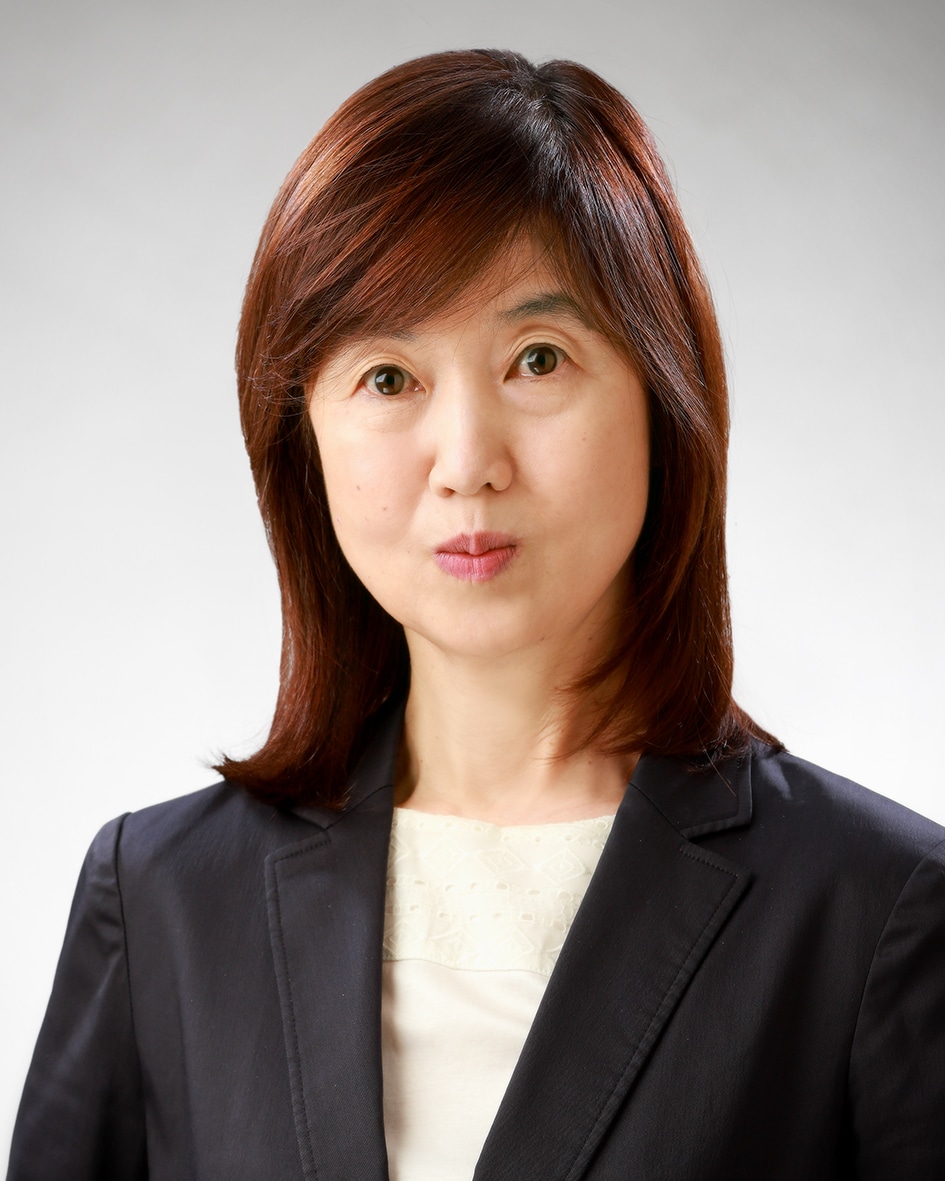Survey of MSJ
Greetings from the President

President of MSJSenjo Shimizu
Tokyo Sugaku Gaisha (Tokyo Mathematical Company), which was the predecessor of the Mathematical Society of Japan (MSJ) was founded in 1877 with 55 members. In 1946, Tokyo Sugaku Gaisha was divided into the MSJ with 751 members and the Physical Society of Japan. The MSJ as an organization has continued to exist until today and now has 5039 members.
Symbolized by the words of Carl Friedrich Gauss "Die Mathematik ist die Königin der Wissenschaften", mathematics is fundamental of sciences. The theorem, which is proved logically when it is the truth, is established without any exception and remains correct forever. The theorem which is proved logically has versatility, and it can be applied to science, information, economy, and medicine as a reliable theory.
Since the postwar revival of Japan, there have been great achievements in Japanese mathematics. They include the accomplishments of Professor Kunihiko Kodaira, Professor Heisuke Hironaka, and Professor Shigefumi Mori in winning the Fields Medal. In fact, Japanese mathematics has become a global leader in the field. However, we must continue to discover new methods to work out smaller problems and build upon these in order to solve even larger problems. Additionally, as we move forward into the 21st century it is also imperative that we acknowledge and respect the accomplishments of our predecessors. It is heartening that Professor Kiyoshi Ito was awarded the Gauss Prize and Professor Masaki Kashiwara won the Chern Medal Award.
The year 2020 will remain in the world history books as the time the world was struck by the unprecedented situation of the COVID-19 pandemic. Who would have expected this pandemic? We must be prepared that a situation like this could also happen in the future. Mathematical thought and scientific knowledge enable us to see through the essence of things and empower us to choose the right information.
The MSJ manages the Toshio Kato fellowship with the aid of the Southeast Asian Mathematical Society. The goal of the Toshio Kato fellowship is to grant excellent young mathematicians from Southeast Asia a one-year research stay at a Japanese university or institute. We would like to contribute to the development of mathematics in cooperation with foreign countries. We would appreciate your cooperation and continued support.
